"Healthy" Dividend Aristocrats: 6 Great Health-Care Dividends
Sluggish global growth, the U.S.

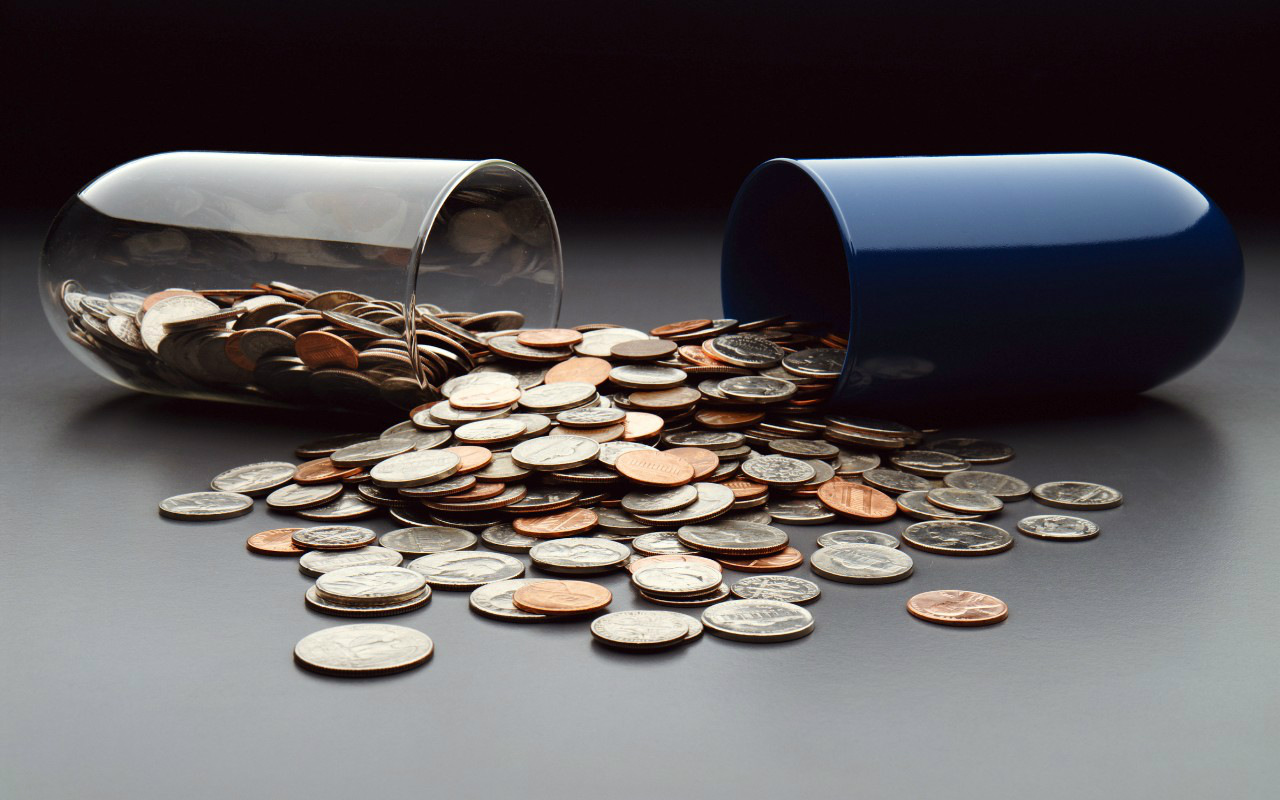
Profit and prosper with the best of Kiplinger's advice on investing, taxes, retirement, personal finance and much more. Delivered daily. Enter your email in the box and click Sign Me Up.
You are now subscribed
Your newsletter sign-up was successful
Want to add more newsletters?

Delivered daily
Kiplinger Today
Profit and prosper with the best of Kiplinger's advice on investing, taxes, retirement, personal finance and much more delivered daily. Smart money moves start here.

Sent five days a week
Kiplinger A Step Ahead
Get practical help to make better financial decisions in your everyday life, from spending to savings on top deals.

Delivered daily
Kiplinger Closing Bell
Get today's biggest financial and investing headlines delivered to your inbox every day the U.S. stock market is open.

Sent twice a week
Kiplinger Adviser Intel
Financial pros across the country share best practices and fresh tactics to preserve and grow your wealth.

Delivered weekly
Kiplinger Tax Tips
Trim your federal and state tax bills with practical tax-planning and tax-cutting strategies.

Sent twice a week
Kiplinger Retirement Tips
Your twice-a-week guide to planning and enjoying a financially secure and richly rewarding retirement

Sent bimonthly.
Kiplinger Adviser Angle
Insights for advisers, wealth managers and other financial professionals.

Sent twice a week
Kiplinger Investing Weekly
Your twice-a-week roundup of promising stocks, funds, companies and industries you should consider, ones you should avoid, and why.

Sent weekly for six weeks
Kiplinger Invest for Retirement
Your step-by-step six-part series on how to invest for retirement, from devising a successful strategy to exactly which investments to choose.
Sluggish global growth, the U.S. trade war with China and a stock market that’s up only about 2% over the past year have some investors thinking about playing defense. And few equities are better at adding ballast to a portfolio than the rock-solid dividend growth stocks in the Dividend Aristocrats – companies in the S&P 500 that have raised their payouts every year for at least 25 consecutive years.
Also, few areas of the market hold up as well in downturns as the health-care sector. Put them together – health-care stocks with multiple decades uninterrupted dividend growth – and investors have a recipe for income and lower risk in their equity portfolios.
Six of the elite Dividend Aristocrats can be found in the health-care sector. These stocks, most of which are household names, have hiked their payouts for anywhere from 34 to 57 consecutive years. That’s dividend growth an income investor can count on.
For dividend growth and defense, take a closer look at these six health-care Dividend Aristocrats.
Data and analysts’ ratings are of Sept. 23 unless otherwise noted. Companies are listed by dividend yield, from lowest to highest. The list of Dividend Aristocrats is maintained by S&P Dow Jones Indices. Dividend yields are calculated by annualizing the most recent quarterly payout and dividing by the share price. Dividend history based on company information and S&P data. Dividend-growth streaks include the current year if the company has announced a dividend hike in 2019. Analysts’ ratings provided by S&P Global Market Intelligence.
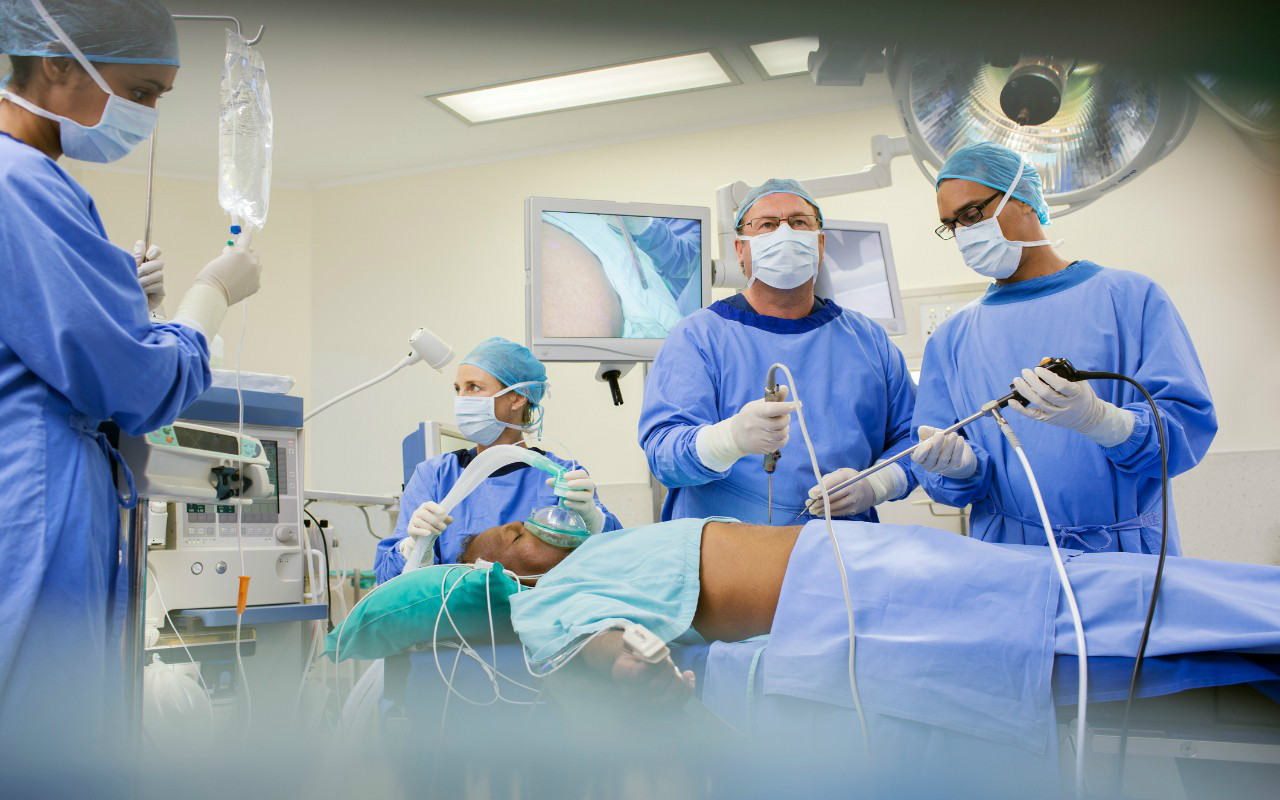
Becton Dickinson
- Market value: $68.4 billion
- Dividend yield: 1.2%
- Consecutive annual dividend increases: 47
- Analysts’ opinion: 10 strong buy, 3 buy, 7 hold, 0 sell, 0 strong sell
Medical devices maker Becton Dickinson (BDX, $253.43) has been leaning on mergers & acquisitions (M&A) to make hay over the past few years. It bulked up with its 2015 acquisition of CareFusion, a complementary player in the same industry. Then in 2017, it snapped up fellow Dividend Aristocrat C.R. Bard, another medical products company with a strong position in treatments for infectious diseases, for $24 billion.
Becton Dickinson’s wares cover everything from diabetes care to lab automation to vascular surgery and much, much more. And while it is a massive player in the U.S., BDX increasingly expects its growth to be driven by markets outside the U.S., including China. Analysts expect Becton to generate average annual earnings growth of 11.2% for the next three to five years, according to S&P Global Market Intelligence.
Annual dividend increases stretch back 47 years and counting – a track record that should offer peace of mind to antsy income investors. The company has grown its payout by a total of 41% over the past five years, though that pace has slowed a bit more recently. If BDX sticks to its usual script, it should announce its next dividend hike in mid- to late November.
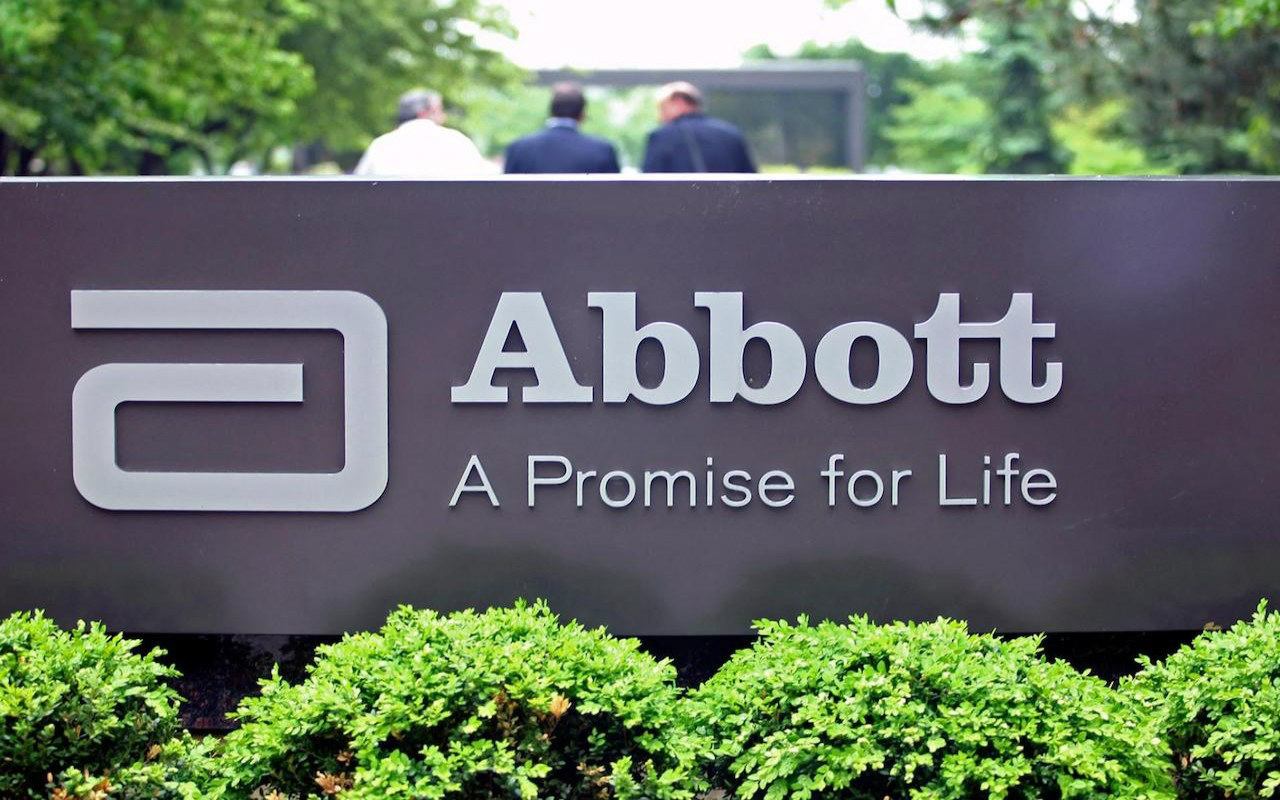
Abbott Laboratories
- Market value: $147.0 billion
- Dividend yield: 1.5%
- Consecutive annual dividend increases: 47
- Analysts’ opinion: 11 strong buy, 7 buy, 3 hold, 1 sell, 0 strong sell
Abbott Laboratories (ABT, $83.16) actually split into a pair of Dividend Aristocrats when it spun off AbbVie in 2013. Remaining with Abbott Labs were businesses focused on branded generic drugs, medical devices, nutrition and diagnostic products. Its offerings include some well-known consumer brands such as Similac infant formulas, Glucerna diabetes management shakes and bars, and Pedialyte rehydration solutions. But it’s also involved with devices such as i-Stat blood analyzers and Prodigy spinal cord stimulation (SCS) implants.
Like BDX, Abbott has expanded by acquisition of late. In 2017, it bought both medical-device firm St. Jude Medical and rapid-testing technology business Alere.
Abbott Labs’ roots go back to 1888, and its dividend has been around since 1924. ABT has raised its dividend for 47 straight years, including a hefty 14.3% hike that went into effect in February 2019.
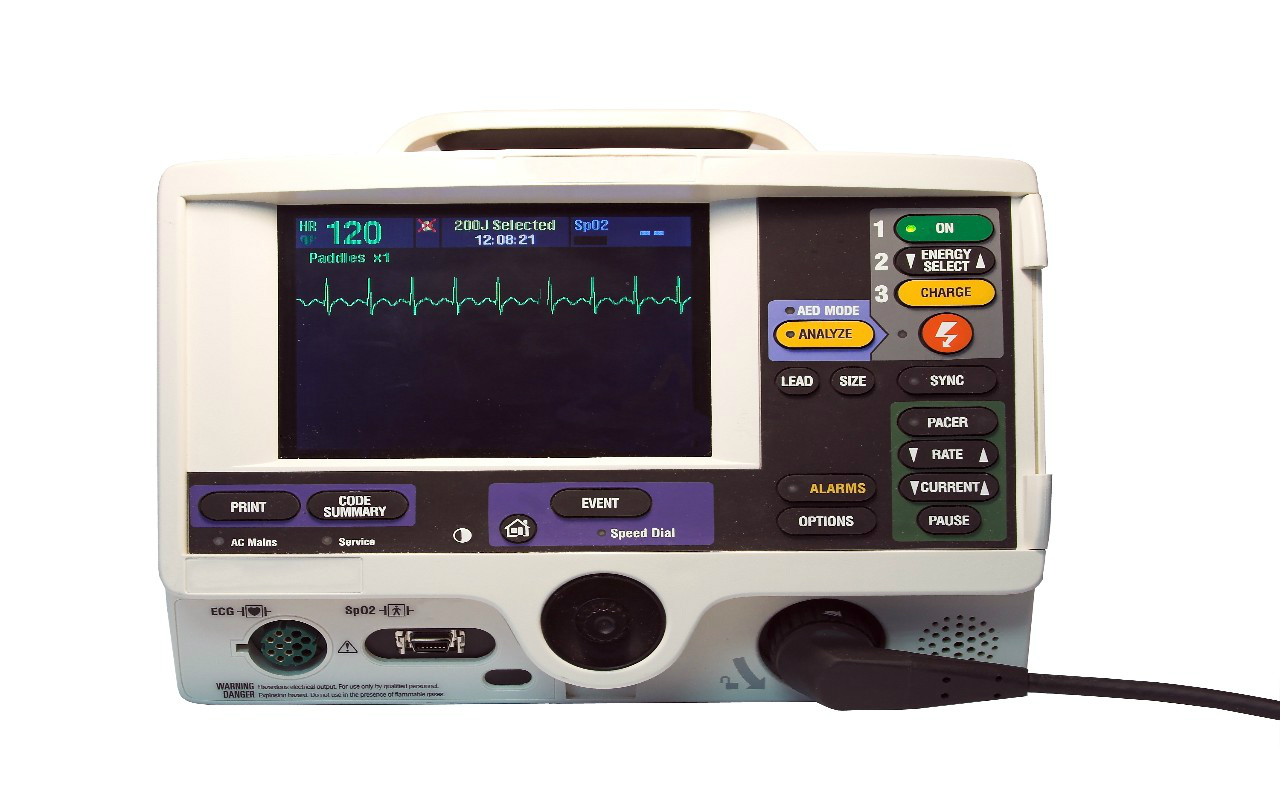
Medtronic
- Market value: $148.7 billion
- Dividend yield: 2.0%
- Consecutive annual dividend increases: 42
- Analysts’ opinion: 12 strong buy, 7 buy, 9 hold, 0 sell, 0 strong sell
Medtronic (MDT, $110.84), one of the world’s largest makers of medical devices, is an income machine. The company’s dividend per share has increased 77% over the past five years, Medtronic notes, and has grown at a 17% compounded annual growth rate over the past 42 years. Most recently, in June, MDT lifted its quarterly payout by 8% to 54 cents a share to maintain its spot in the Dividend Aristocrats.
Medtronic aims to return at least 50% of its free cash flow to shareholders through dividends and stock buybacks. The company can steer all this cash back to shareholders thanks to the ubiquity of its products. Medtronic holds more than 4,600 patents on products ranging from external defibrillators to replacement heart valves to surgical stapling devices.
Whether you’re in the U.S. or in about 160 other countries, if you take a look around your hospital or doctor’s office, chances are good you’ll see a Medtronic product.
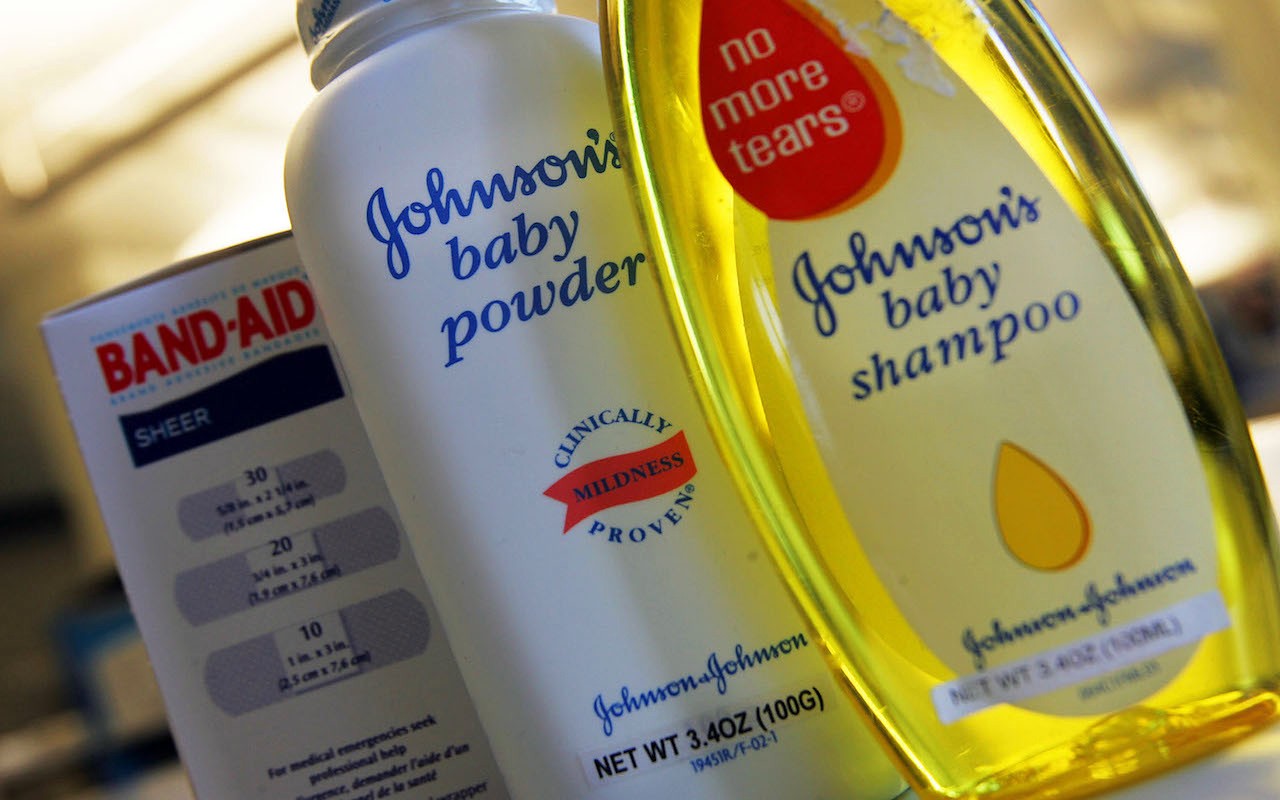
Johnson & Johnson
- Market value: $347.7 billion
- Dividend yield: 2.9%
- Consecutive annual dividend increases: 57
- Analysts’ opinion: 4 strong buy, 5 buy, 9 hold, 1 sell, 1 strong sell
Johnson & Johnson’s (JNJ, $131.74) roots stretch back to the 19th century, and it remains one of the country’s leading health-care stocks, on several fronts. Chances are you know J&J for its consumer brands, which include Band-Aid, Neosporin, Listerine, Clean & Clear, and of course Johnson’s baby products. But it also has pharmaceutical products, through its Janssen and Actelion arms, and it manufactures medical devices used in surgery.
From the occasional disappointing results to litigation, Johnson & Johnson has had its ups and downs over the years. But so far, that has not affected investors who count on JNJ’s steady dividend. The health-care giant hiked its payout by 5.6% in April 2019, extending its streak of consecutive annual dividend increases to 57.
That should continue if Johnson & Johnson can keep growing its earnings; analysts expect it to, at a clip of 6.9% annually on average over the next three to five years.
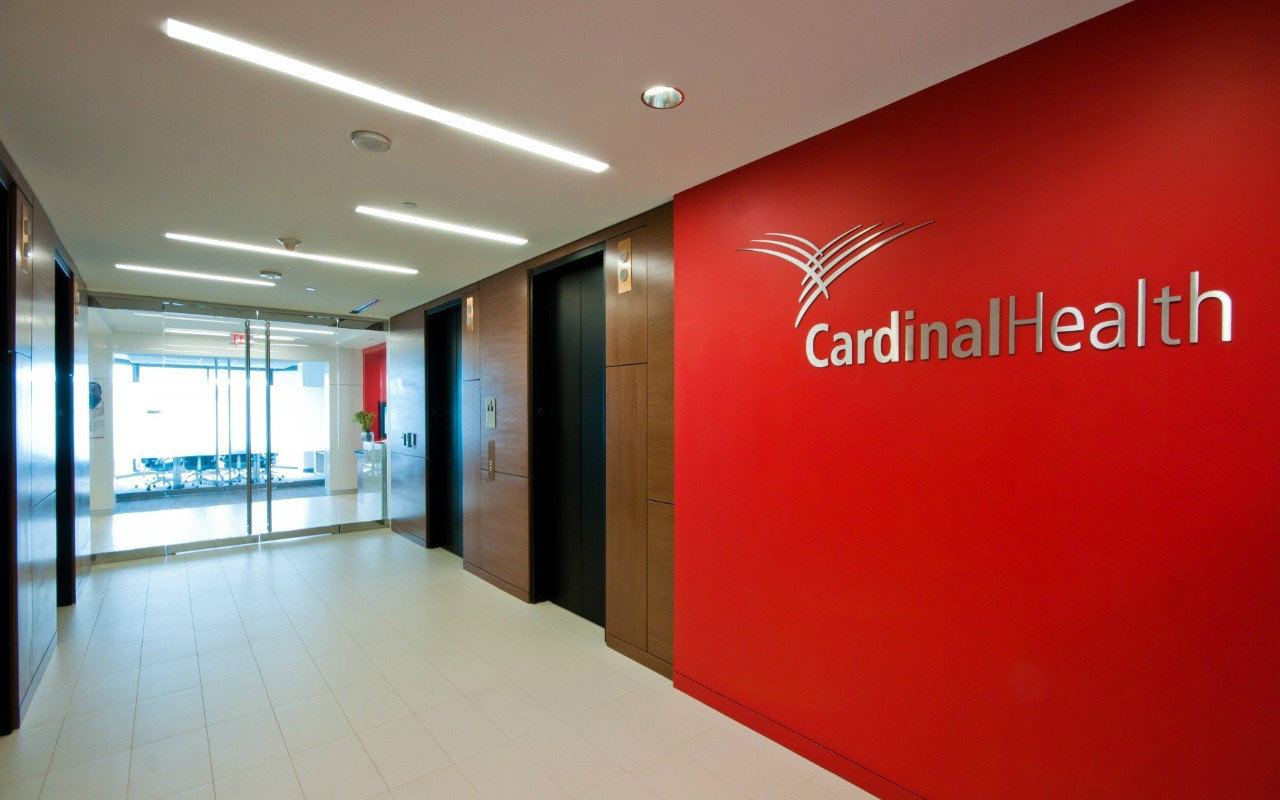
Cardinal Health
- Market value: $13.8 billion
- Dividend yield: 4.1%
- Consecutive annual dividend increases: 34
- Analysts’ opinion: 1 strong buy, 2 buy, 14 hold, 1 sell, 2 strong sell
Cardinal Health (CAH, $47.17), like other health-care stocks on this list, became the giant that it is today in decent part thanks to a steady stream of acquisitions.
More recently, it has been embroiled in legal actions related to the nation’s opioid epidemic. In late 2016, Cardinal Health agreed to pay $44 million to the Department of Justice to settle allegations that it failed to report suspicious drug orders. And in early 2017, the company agreed to a $20 million settlement with the state of West Virginia. The company warned in August that it expects to have to defend itself against more litigation, too.
However, Cardinal Health is looking for new life with its $6.1 acquisition of Medtronic’s Patient Care, Deep Vein Thrombosis and Nutritional Insufficiency business, completed in July 2017.
On the dividend front, CAH has upped the ante on its annual payout for 34 years and counting. The company remains in the Dividend Aristocrats courtesy of its last dividend hike – a 1% bump to 48.11 cents per share announced in May.

AbbVie
- Market value: $107.8 billion
- Dividend yield: 5.9%
- Consecutive annual dividend increases: 47
- Analysts’ opinion: 5 strong buy, 1 buy, 6 hold, 0 sell, 0 strong sell
If you read closely above, you’re now familiar with AbbVie’s (ABBV, $72.93) corporate heritage. But a quick reminder: It was spun off from Abbott Laboratories in 2013.
AbbVie is a biopharmaceutical company with a laundry list of treatments that include Humira for rheumatoid arthritis; AndroGel, a testosterone replacement therapy; and Viekira Pak for hepatitis C. All told, AbbVie’s product pipeline spans 50 total indications – 14 approved, and 36 still in trial stages. But AbbVie also is looking to grow via M&A. In June, the company announced a $63 billion deal to buy Dublin-based Allergan (AGN), which is famous for the Botox brand but also boasts Restasis eye drops, irritable bowel syndrome treatment Linzess and “fat freezing” technology CoolSculpting.
After the split, AbbVie and Abbott Laboratories both retained credit for the longstanding dividend-growth streak. Including its time as part of Abbott, ABBV upped its annual distribution for 47 consecutive years, with the last hike (an 11.5% increase) coming in February.
Profit and prosper with the best of Kiplinger's advice on investing, taxes, retirement, personal finance and much more. Delivered daily. Enter your email in the box and click Sign Me Up.

Dan Burrows is Kiplinger's senior investing writer, having joined the publication full time in 2016.
A long-time financial journalist, Dan is a veteran of MarketWatch, CBS MoneyWatch, SmartMoney, InvestorPlace, DailyFinance and other tier 1 national publications. He has written for The Wall Street Journal, Bloomberg and Consumer Reports and his stories have appeared in the New York Daily News, the San Jose Mercury News and Investor's Business Daily, among many other outlets. As a senior writer at AOL's DailyFinance, Dan reported market news from the floor of the New York Stock Exchange.
Once upon a time – before his days as a financial reporter and assistant financial editor at legendary fashion trade paper Women's Wear Daily – Dan worked for Spy magazine, scribbled away at Time Inc. and contributed to Maxim magazine back when lad mags were a thing. He's also written for Esquire magazine's Dubious Achievements Awards.
In his current role at Kiplinger, Dan writes about markets and macroeconomics.
Dan holds a bachelor's degree from Oberlin College and a master's degree from Columbia University.
Disclosure: Dan does not trade individual stocks or securities. He is eternally long the U.S equity market, primarily through tax-advantaged accounts.
-
 The New Reality for Entertainment
The New Reality for EntertainmentThe Kiplinger Letter The entertainment industry is shifting as movie and TV companies face fierce competition, fight for attention and cope with artificial intelligence.
-
 Stocks Sink With Alphabet, Bitcoin: Stock Market Today
Stocks Sink With Alphabet, Bitcoin: Stock Market TodayA dismal round of jobs data did little to lift sentiment on Thursday.
-
 Betting on Super Bowl 2026? New IRS Tax Changes Could Cost You
Betting on Super Bowl 2026? New IRS Tax Changes Could Cost YouTaxable Income When Super Bowl LX hype fades, some fans may be surprised to learn that sports betting tax rules have shifted.
-
 Stocks Sink With Alphabet, Bitcoin: Stock Market Today
Stocks Sink With Alphabet, Bitcoin: Stock Market TodayA dismal round of jobs data did little to lift sentiment on Thursday.
-
 Dow Leads in Mixed Session on Amgen Earnings: Stock Market Today
Dow Leads in Mixed Session on Amgen Earnings: Stock Market TodayThe rest of Wall Street struggled as Advanced Micro Devices earnings caused a chip-stock sell-off.
-
 Nasdaq Slides 1.4% on Big Tech Questions: Stock Market Today
Nasdaq Slides 1.4% on Big Tech Questions: Stock Market TodayPalantir Technologies proves at least one publicly traded company can spend a lot of money on AI and make a lot of money on AI.
-
 Fed Vibes Lift Stocks, Dow Up 515 Points: Stock Market Today
Fed Vibes Lift Stocks, Dow Up 515 Points: Stock Market TodayIncoming economic data, including the January jobs report, has been delayed again by another federal government shutdown.
-
 Stocks Close Down as Gold, Silver Spiral: Stock Market Today
Stocks Close Down as Gold, Silver Spiral: Stock Market TodayA "long-overdue correction" temporarily halted a massive rally in gold and silver, while the Dow took a hit from negative reactions to blue-chip earnings.
-
 Nasdaq Drops 172 Points on MSFT AI Spend: Stock Market Today
Nasdaq Drops 172 Points on MSFT AI Spend: Stock Market TodayMicrosoft, Meta Platforms and a mid-cap energy stock have a lot to say about the state of the AI revolution today.
-
 S&P 500 Tops 7,000, Fed Pauses Rate Cuts: Stock Market Today
S&P 500 Tops 7,000, Fed Pauses Rate Cuts: Stock Market TodayInvestors, traders and speculators will probably have to wait until after Jerome Powell steps down for the next Fed rate cut.
-
 S&P 500 Hits New High Before Big Tech Earnings, Fed: Stock Market Today
S&P 500 Hits New High Before Big Tech Earnings, Fed: Stock Market TodayThe tech-heavy Nasdaq also shone in Tuesday's session, while UnitedHealth dragged on the blue-chip Dow Jones Industrial Average.
